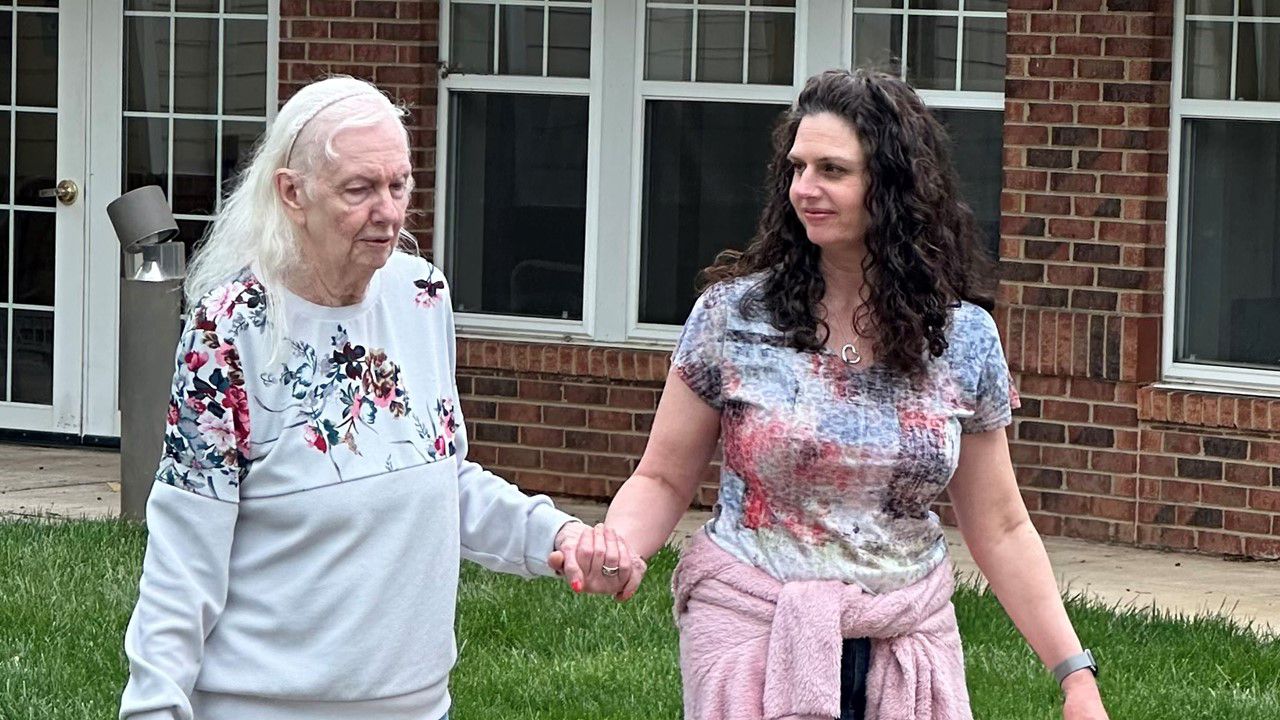Caregivers are often chameleons. With each development, progression, regression or change of circumstance for the person requiring help, caregivers often adapt and adjust to match their new surroundings. Caregivers are so adaptable that they may even blend into the background and become—or feel—invisible.
One way to bring visibility to the topic of caregiving is to share our stories. Each experience of caregiving is unique, and each story shared helps to bring awareness and broaden our understanding of the ways Humana can support employees and members who provide care and support to others.
Becoming the parent to your parent can be a difficult transition in life. For Jill Davis, Humana Health Educator, taking care of her mother who lives with Alzheimer’s disease brings joy. However, to get to that place of peace and appreciation was an emotional journey.
“It was very difficult in the beginning because I felt if I wasn't working, I always had to be with her to make sure she was okay,” said Jill. “So I’ve had to really give myself permission that if I need to recharge, it's okay if I don't see her for a few days. I know she's in good hands.”
When her mother’s Alzheimer’s disease progressed, Jill moved her mother 750 miles to live nearby so that family could help watch over her and her affairs. Although her mother moved into the memory unit of an assisted living facility, Jill’s caregiving duties did not end. There are still finances to manage, medical appointments to make and attend, as well as socializing with her mother and staying connected.
“I'm actually really thankful for the time that I get to spend with her, and it's nice to know that she's close,” said Jill. “Every single time I go, she gets so excited and the whole time I'm there, she says, ‘I'm so happy. I'm so glad you're here. Thank you so much for coming.’ “
As a health educator, Jill works with seniors every day who may be caregivers for their loved ones or family members who want to learn how to balance being a caregiver with taking care of themselves. Jill offers valuable words of advice.
“My biggest advice to other caregivers is to lose the guilt. Think about what your loved one would want you to do,” said Jill. “Make time to take care of yourself and your stress and give yourself grace because you cannot do it all, all the time. You have to give yourself permission to take a break.”


